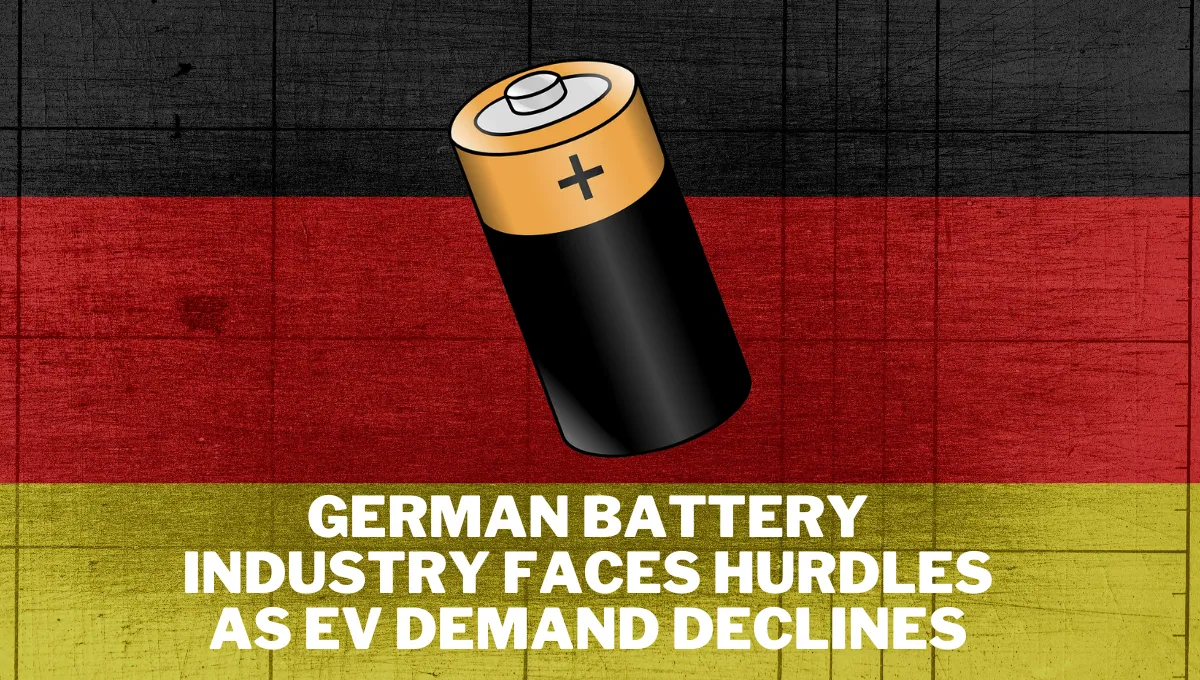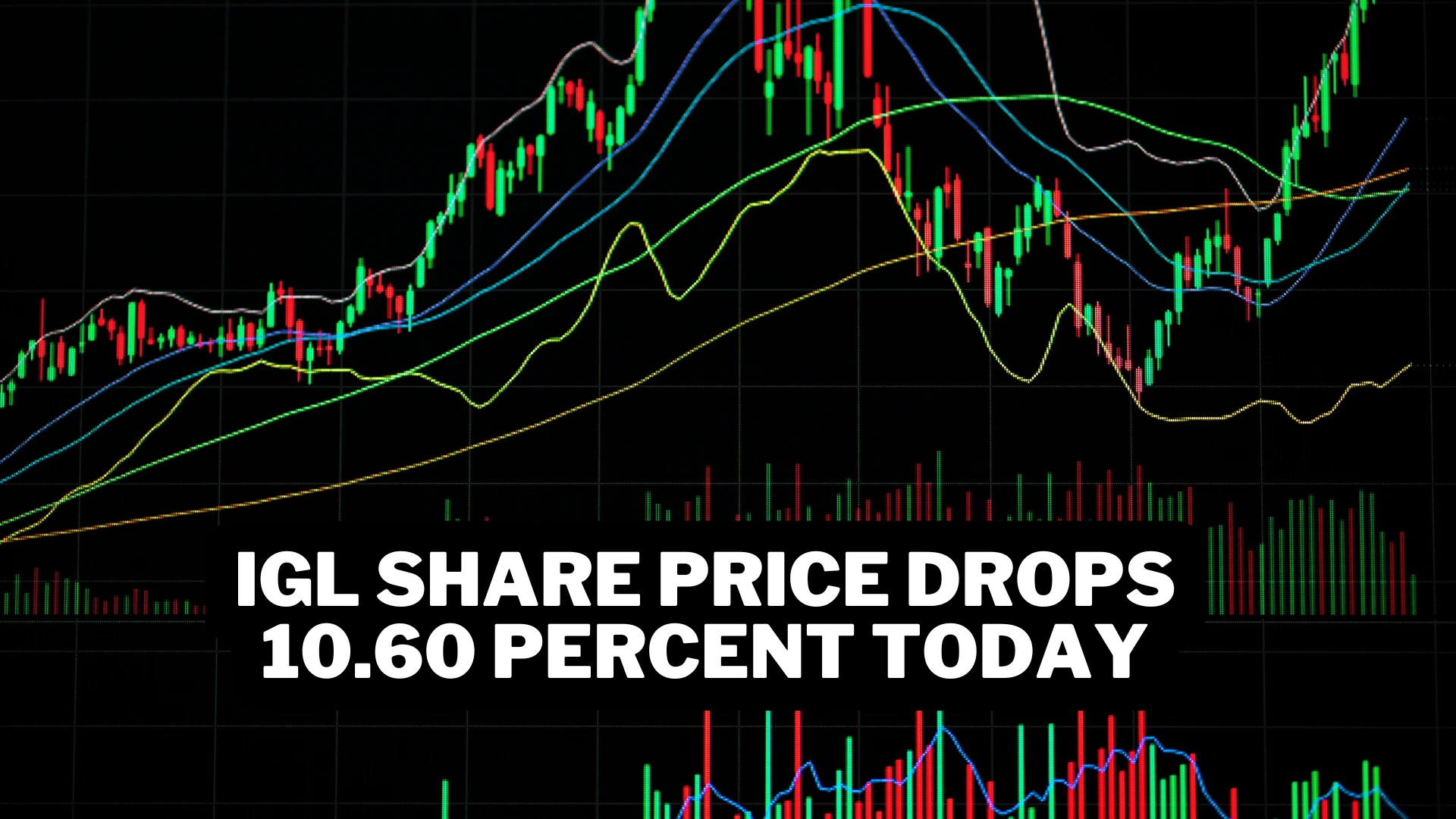The German battery industry, a key player in the green energy sector, is currently navigating through challenging times.
The decline in the demand for electric vehicles (EVs) is impacting the battery market, which has been a cornerstone of Germany’s environmental ambitions.
Current German Battery Industry Market Scenario
Impact of EV Demand on Battery Production and Trade
The production and trade in Germany’s battery sector this year are heavily influenced by the waning appeal of battery-electric cars.
The trade group ZVEI highlighted this issue on Tuesday, following the presentation of positive figures for the previous year.
The concern is whether the industry can overcome the dip in EV appeal, which has been a crucial driver for battery production and trade.
Industry Insights from ZVEI
Gunther Kellermann, managing director of the battery section of the electro and digital association ZVEI, expressed uncertainty about the future.
“I can’t say whether we have overcome a decline early in the year amid the scaling back of electric vehicle support at the end of 2023,” Kellermann stated.
Despite observing a positive reversal at the moment, he refrained from making any forecasts.
Market Performance in 2023
Growth in Market Volume
In 2023, the market volumes for the German battery industry, which include production plus imports minus exports, grew by 32% to a total value of €23.2 billion ($24.84 billion).
This growth was primarily driven by lithium-ion batteries, the largest segment in the industry, which are widely used in e-mobility.
End of EV Subsidies
Germany’s decision to end EV subsidies amid budgetary constraints has had a notable impact on the market. Between 2016 and 2023, the country spent €10 billion on these subsidies.
The cessation of this support led to a decline in the share of EVs to 12% last month, down from 14.3% in 2023, according to official statistics.
Challenges Facing the Battery Industry
Affordability and Consumer Uncertainty
The reduction in subsidies has made EVs less affordable for consumers. Additionally, there is ongoing uncertainty among consumers about whether EVs can meet their needs for range and safety.
These factors have contributed to the decline in EV demand, thereby impacting the battery industry.
Importance of Lithium-Ion Batteries
For ZVEI, the demand for lithium-ion batteries remains crucial. These batteries are not only used in EVs but also in electricity storage, medical equipment, and smartphones.
The segment accounted for 81.5% of the overall market volume and grew by 58% year-on-year. This highlights the significant role lithium-ion batteries play in the industry.
Policy and Strategic Recommendations
Infrastructure and Raw Materials
Christian Rosenkranz, chairman of the ZVEI battery section, emphasized the need for improvements in several areas.
One key area is the roll-out of EV charging infrastructure, which is essential to support the growth of the EV market.
Another critical aspect is the strategic supply of raw materials. Germany and Europe are currently dependent on overseas supplies of lithium and cobalt, which are vital for battery production.
Energy Costs and Bureaucracy
Rosenkranz also called for cheaper energy and reduced bureaucracy to enhance the competitiveness of the German battery industry.
High energy costs can be a significant barrier to production, while excessive bureaucracy can slow down innovation and implementation of new technologies.
Research and Development
Investing in research and development, particularly in alternative battery technologies like sodium-ion batteries, is another crucial recommendation.
Sodium-ion batteries could offer a way to reduce dependence on lithium, providing a more sustainable and potentially cost-effective solution.
Future Outlook
Navigating the Transition
The German battery industry is at a crossroads, with the need to adapt to changing market dynamics and consumer preferences.
The decline in EV demand presents both challenges and opportunities. While the immediate outlook may be uncertain, the industry’s ability to innovate and adapt will be critical for long-term success.
Strategic Investments
Strategic investments in infrastructure, raw materials, and new technologies will be essential. By addressing these key areas, Germany can strengthen its position in the global battery market and continue to drive forward its green energy ambitions.
Collaborative Efforts
Collaboration between industry stakeholders, policymakers, and researchers will be crucial in overcoming the current challenges.
By working together, these groups can develop comprehensive strategies that support the growth and sustainability of the battery industry.
Conclusion
The German battery industry is facing significant hurdles due to the decline in EV demand.
However, with strategic investments, policy improvements, and a focus on innovation, the industry can navigate these challenges and continue to play a vital role in the green energy transition.
As the market evolves, the ability to adapt and innovate will be key to maintaining Germany’s leadership in the battery sector.










